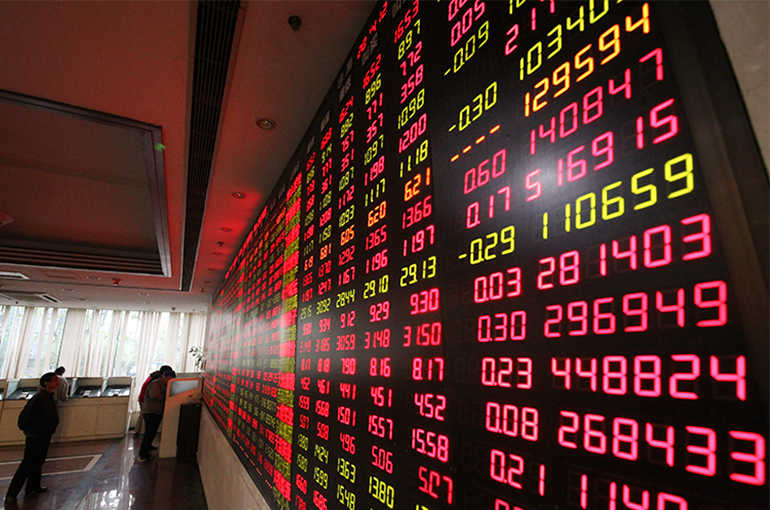 China’s Stock Market Is Far From a Bubble, Foreign Financial Firms Say
China’s Stock Market Is Far From a Bubble, Foreign Financial Firms Say(Yicai) Sept. 3 -- Several foreign financial institutions have moved to calm fears that China’s stock market may be overheating, saying the rally in so-called A-shares has been steady and there is still room for further gains.
“Recently, we have been repeatedly asked, 'Has the A-share market entered a bubble after weeks of strong rebound?’,” Richard Tang, China strategist for Swiss private bank Julius Baer, told Yicai. “After analyzing various market indicators, we believe that China's stock market is far from reaching bubble levels and still has room for further growth.”
Despite record trading volumes, simulations based on the Shanghai Stock Exchange's monthly disclosure of new account openings suggest that around 1 million new investors entered the market in July, and there has not been a big influx of new off-market investors, Meng Lei, China equity strategist at UBS Securities, said at a media briefing two days ago.
At the same time, the household excess-savings gauge remains on an upward trajectory, suggesting that a large amount of funds have still not flowed into the stock market, Meng said, adding that “we don’t believe that market sentiment is overheated.”
Valuations are also normal, he pointed out. “Globally, whether looking at developed markets or emerging markets, the overall valuation of A-shares is at a relatively low discount level.”
Foreign investors are becoming more willing to allocate to Chinese assets, according to Fang Dongming, head of China global markets at UBS. Their holdings exceeded CNY3 trillion (USD419.8 billion) in June, accounting for 7.4 percent of the total free-floating market capitalization of A shares, Fang noted.
China’s closely watched technology stocks have yet to show signs of overheating, Meng stated, adding that their gains has been driven by two main factors: first, policy support combined with changes in industry trends, particularly the positive impact of emerging sectors such as artificial intelligence.
Second, this year’s capital inflows into the tech sector consist of a higher share of individual investors, leveraged funds, and quantitative funds, which tend to favor tech-themed investments, Meng said.
The policy environment provides significant "downside protection," as China’s government can be expected to act decisively to address any sudden economic downturns, said Zhang Ning, senior China economist at UBS Investment Bank.
This serves as an important source of stability for market confidence, Zhangg said, adding that global rate cut expectations and the domestic low interest rate environment create favorable conditions for capital inflows.
Analysts expect the "slow bull" trend in China’s stock market to continue. The benchmark Shanghai Composite Index closed at 3,813.56 points today, down 1.1 percent, while the Shenzhen Component Index closed at 12,472, down 0.7 percent. Shenzhen’s tech-heavy ChiNext Index closed at 2,899.37, a 1 percent gain.
Editor: Tom Litting